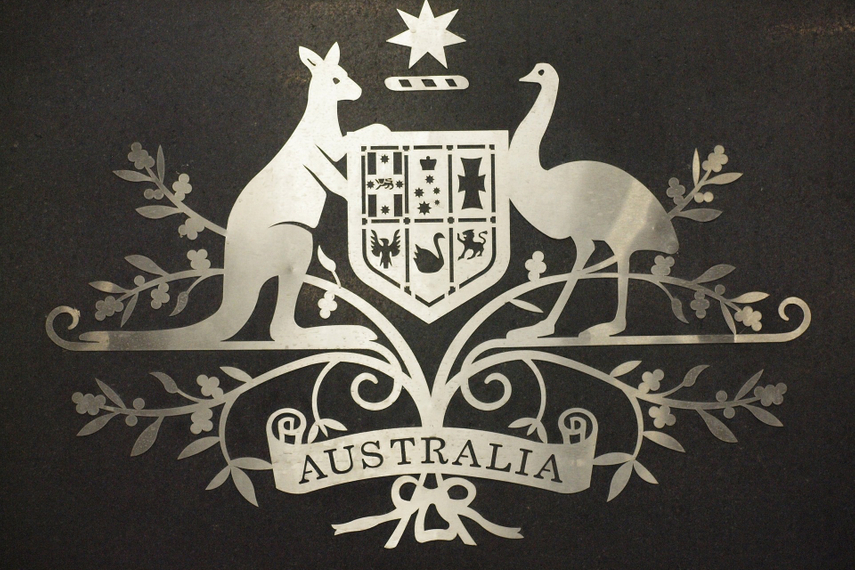The chair of the Australian Competition and Consumer Commission, Rod Sims, gave a speech yesterday (August 13) in which he stated his confidence that Australia could take measures to control multinational companies, which includes ensuring that tech firms like Google and Facebook have to obey its laws.
“Australia can, if necessary, act alone. Facebook and Google are clearly subject to our laws. They either comply or do not do business in Australia," said Sims.
His speech at the Melbourne Press Club follows the release of the ACCC's report from its inquiry into digital platforms operating in Australia, which gave 23 recommendations for the government, many aimed at Google and Facebook's practices. The report criticised Google and Facebook's non-transparent data practices and said it was investigating whether they companies had broken consumer law. It recommended establishing a code of practice for digital platforms and changing Australia's merger law so that any acquisitions by large platforms had to go through an advance notice process.
Sims was unerring in the assured tone of his recent speech, in which he warned companies not to understimate "the power" of these recommendations.
“First, taking the digital platforms to court here or overseas lays down rules within which they must work. These are more important than the level of penalties."

“Once found to breach a law, it will be very difficult for a digital platform to continue with that behaviour in any effective way.”
He stated that he was unworried by moves companies like Google and Facebook have made in the past to withdraw their services from a country in response to local laws. “I do not think this will happen here. Not only are our measures carefully calibrated, but we are closely in touch with our overseas counterparts who are sympathetic to both the issues we have raised, and our solutions.”
Sims also took aim at the firms for failing to act to prevent the spread of fake or harmful content online. “Some argue that increasing regulation in digital markets will stifle innovation," he said. "But this fails to recognise that while digital innovations have the potential to transform societies for the better, there are also forms of innovation that can be harmful or corrosive; as fake news and the promotion of extremist content online illustrates.
“These are not community based, not for profit, companies, no matter how much they seek to portray themselves as benevolent enablers of human interaction and knowledge sharing.
“While they might provide a wide array of services to their customers, at zero monetary cost, like any other successful public company, their success is measured in shareholder returns.”








